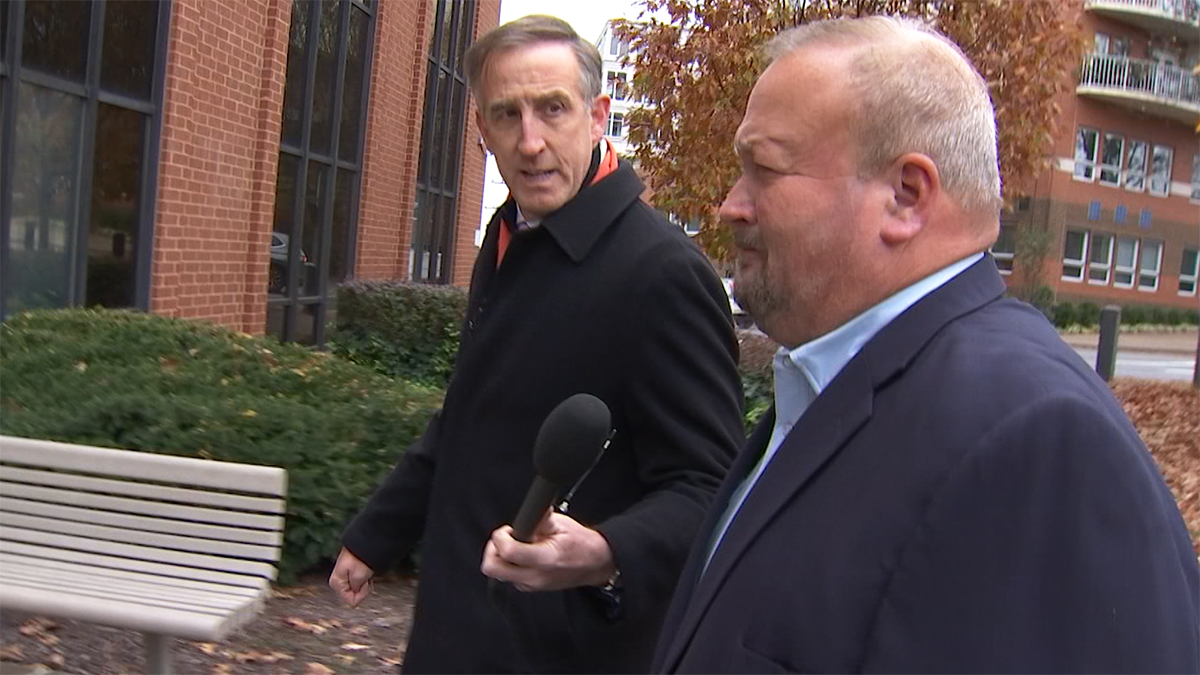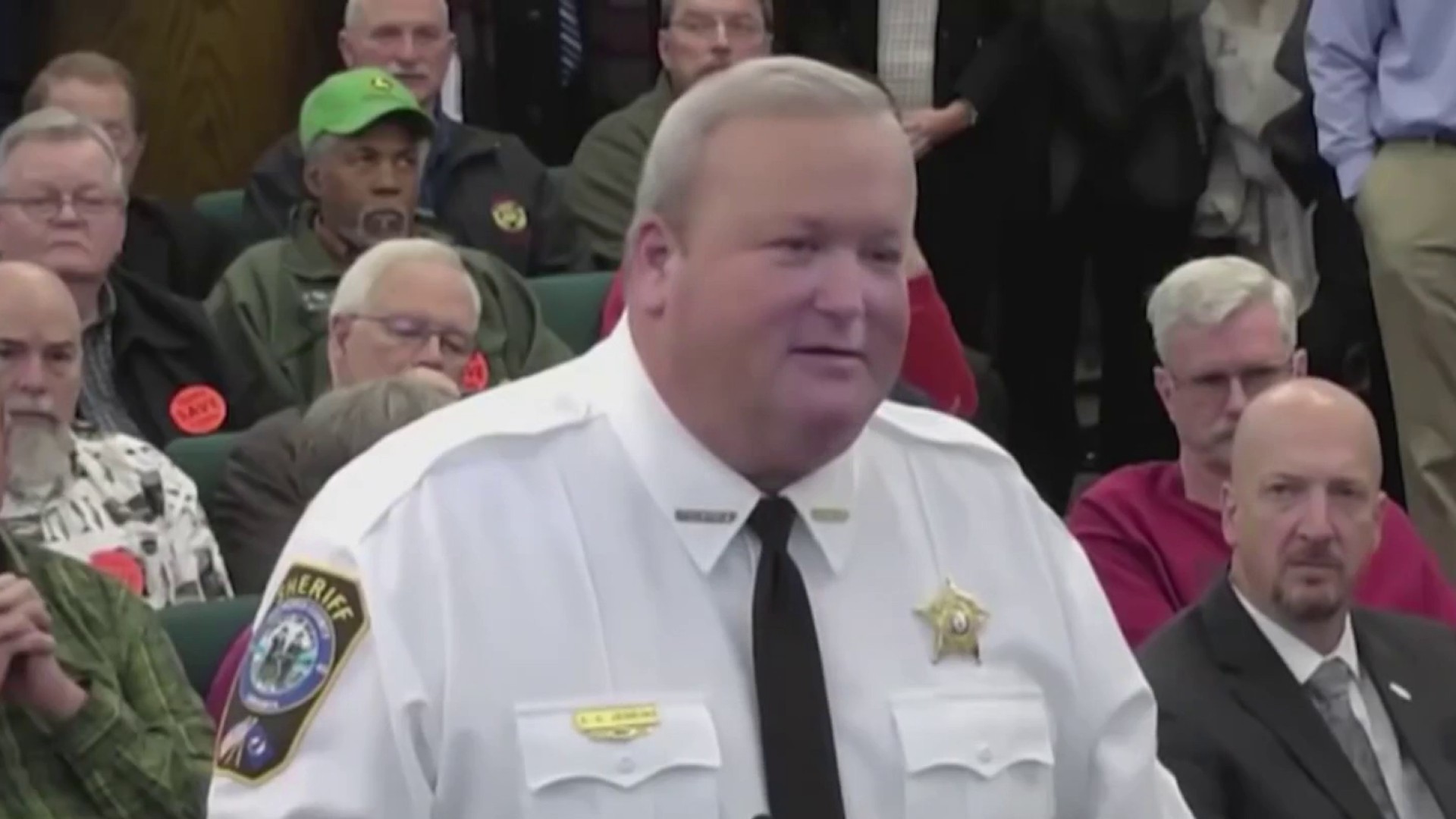John Hyman took his passion for planting trees and turned it into a multimillion-dollar Maryland landscaping business that is going strong after 45 years. While many companies rely on electronic payments for transactions these days, Hyman said his company had always used paper checks and never had a problem, until recently.
Check fraud has exploded, increasing by more than 100% in the past five years. And by the time fraudulent checks are detected, the thieves are often long gone. In most cases, banks will put the money back into their customer’s account, but not always.
Hyman said his company recently wrote a check for $2,150 to one of its vendors who deposited the check into their bank. A few weeks later, Hyman’s office manager noticed something was off when she was checking the books. That single check, according to Hyman, was cashed nine times, draining the business account of more than $15,000.
“Somebody got a hold of that check and washed it,” Hyman said. “We were the ones who caught it. The bank never contacted me.”
We've got the news you need to know to start your day. Sign up for the First & 4Most morning newsletter — delivered to your inbox daily. Sign up here.
The amounts and the check numbers were replaced along with the payee name, which was changed to names no one at Hyman’s company recognized. Only the note in the memo remained unchanged.
After filing a fraud report with Capital Bank, Hyman said they did return the entire amount back into his business account. But he said, without notifying him, the bank took some of the money back.
"Capital Bank of Maryland went back into my account and took out $6,400,” Hyman said. “They said that they can’t get the money back from the bank that the checks were cashed at, so they’re out $6,400 and they wanted to split it with me.”
Investigations
Investigations by the News4 I-Team
Hyman said he reluctantly agreed to split the difference and then switched banks after 30 years of being a customer.
“I would think that the bank, after 30 years, would stand up to, you know, a relationship that we have and help out,” Hyman said.
Capital Bank's CEO told the News4 I-Team he couldn't discuss Hyman’s case because of privacy laws. But when fraud is suspected, the bank will provisionally return money to a customer’s account while they investigate.
Adam Rust, the director of financial services for the Consumer Federation of America, says by law customers, including businesses, are entitled to be reimbursed for check-washing fraud under the Uniform Commercial Code, which sets standards for banks.
“Ultimately, the depositing bank has liability, but it will be between your bank and that bank to determine how the actual liability is shared,” said Rust.
Rust says when it comes to commercial banking, the UCC does hold businesses more accountable for ensuring the security of their checks.
“Businesses write many checks and businesses write checks for larger amounts,” he said. “So, it's really important for a business to be looking at their checkbook quickly to see if checks are showing up on the register when they wrote them.”
Hyman said his frustration isn’t about losing $3,200, it’s about principle. His company no longer writes checks. Instead, transactions are done electronically.
“If we do need to write a check, it’s written from the bank and mailed from the bank. We do not write it. But 99% of our vendors now will take ACH wire transfer,” said Hyman.
The I-Team reached out to all the banks involved. Hyman’s former bank, Capital Bank, said it did investigate the fraud, but Hyman said he never heard the outcome. TD Bank, where some of the checks were cashed, told the I-Team it refunded two of the fraudulent checks but have not received any other claims from Capital Bank. A TD bank spokesperson said if they do receive the necessary claims, it will work to help recover the other funds. United Bank, where the original check was deposited, said the I-Team was the first to alert them to any fraud issue and that no one ever contacted them regarding an investigation.
How to protect your checks
- If you suspect a check was washed, contact your bank immediately,
- Even if your bank reimburses you, close the original account.
- Freeze all of your credit reports.
- If possible, avoid writing checks and use electronic forms of payment.
Reported by Susan Hogan, produced by Rick Yarborough, and shot and edited by Jeff Piper.
News4 sends breaking news stories by email. Go here to sign up to get breaking news alerts in your inbox.



